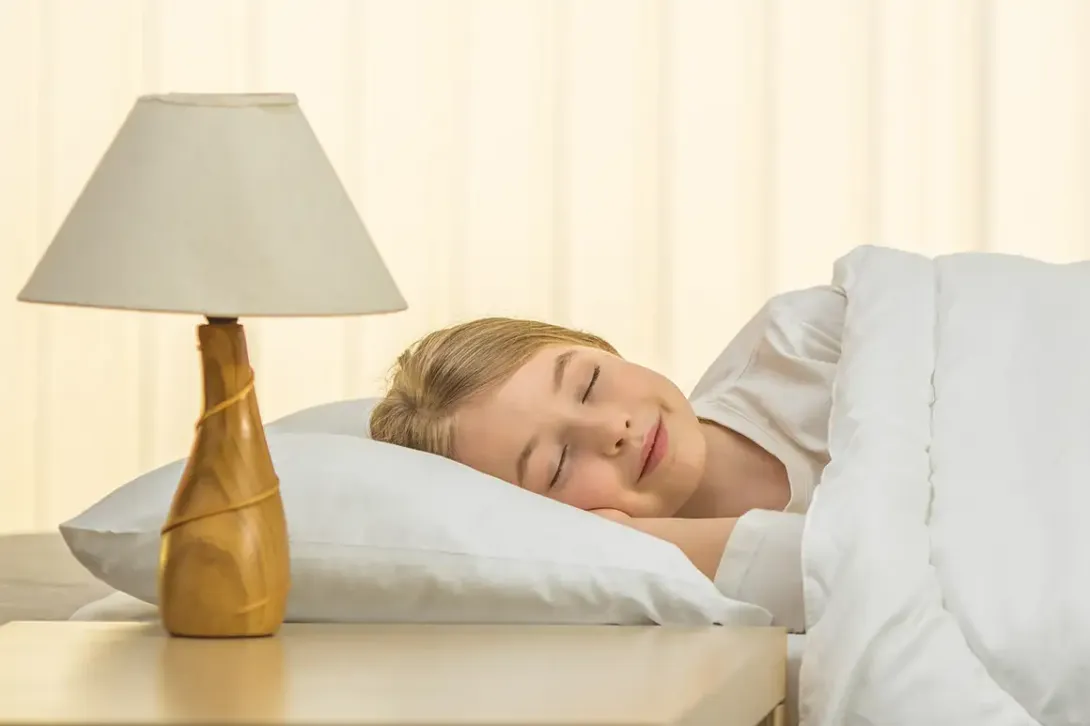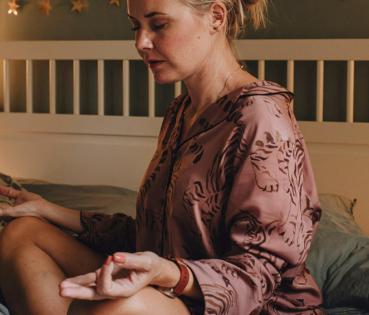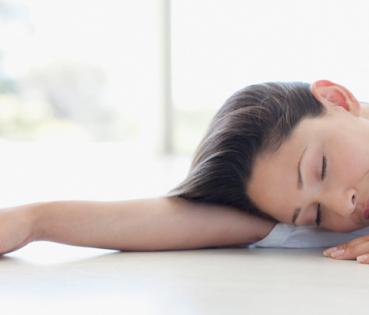
One out of three people doesn't sleep the minimum hours
A global study published in the 'Sleep Health' journal recorded that only 15% of the participants were getting the recommended hours of sleep.
Sleep directly influences the functioning of the body, affecting metabolism, mood and the immune system in a very direct way.
The World Health Organisation (WHO) defines proper rest as the quality and quantity of sleep, setting the minimum at a range of six to seven hours per day, at the same hours.
Do we get enough sleep?
Global research has concluded that almost a third of adults do not get enough rest at night. The study, published in the journal Sleep Health, installed a sensor in the mattresses of 67,000 participants to analyse the number of hours they slept.
As a result of the study, only 15% of the participants slept the prescribed hours a minimum of five days per week. 30% of the adults showed an average sleep duration outside the recommended range of seven to nine hours. And participants who used to have this average duration, however, also fell outside this range 40% of nights, so irregular sleep is prevalent.
Among the results we also found that women had significantly longer sleep durations than male participants, and middle-aged participants had shorter sleep duration than younger or older participants.




